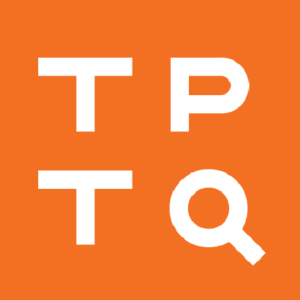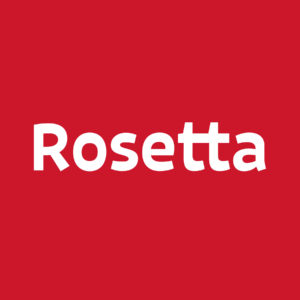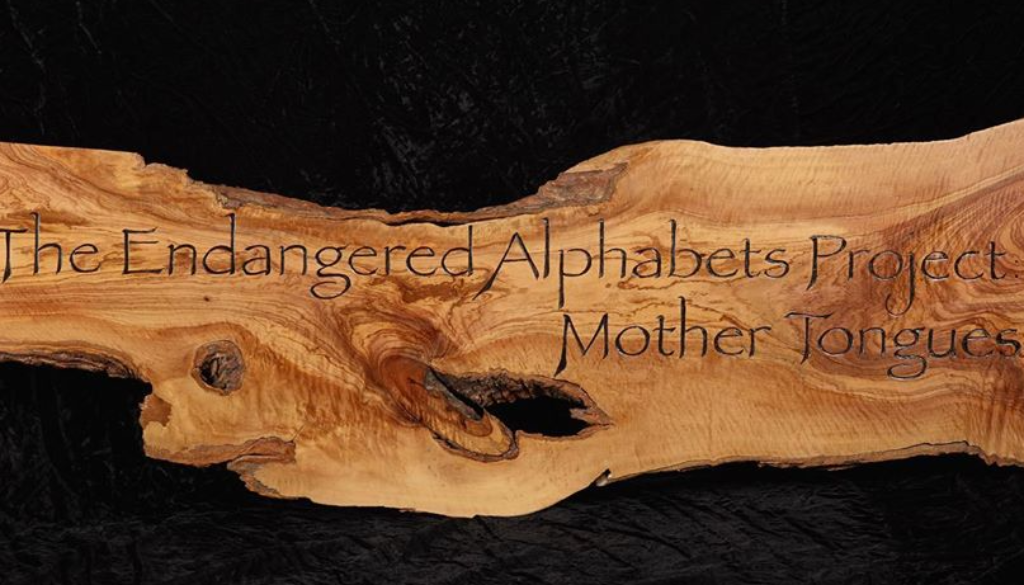International Mother (Written) Language Day
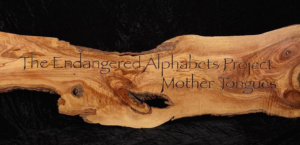 International Mother Language Day, February 21st, is a kind of well-intentioned bureaucratic expansion of the Bangladesh observance of National Martyrs Day, a remembrance of the day in 1952 when five people were killed for protesting their right to speak Bengali (Bangla) rather than Urdu, the official language of the new state of Pakistan. What came to be known as the Mother Tongue Movement led ultimately to a bloody civil war between East and West Pakistan and the eventual founding of Bangladesh out of the physical and administrative ruins of East Pakistan.
International Mother Language Day, February 21st, is a kind of well-intentioned bureaucratic expansion of the Bangladesh observance of National Martyrs Day, a remembrance of the day in 1952 when five people were killed for protesting their right to speak Bengali (Bangla) rather than Urdu, the official language of the new state of Pakistan. What came to be known as the Mother Tongue Movement led ultimately to a bloody civil war between East and West Pakistan and the eventual founding of Bangladesh out of the physical and administrative ruins of East Pakistan.
It’s a bittersweet occasion in any case, but especially so for the indigenous minorities of the new Bangladesh, who discovered that while the Bengali majority were now free to speak their mother tongue, nobody else was. Bangladesh still has dozens of ethnic communities who don’t have the right to be educated in their own language, for example.
But today I’m going down a different path–the fact that even though the UN adopted International Mother Language Day in 2002, there is still no day (apart from my own recently-created World Endangered Writing Day) that asserts and celebrates the rights of minority communities to read and write, to learnh and communicate officially, in their own traditional scripts.
So I am going to take the liberty of hijacking International Mother Language Day to bring you photos of some of the carvings I have done of the phrase “mother tongue” in minority and often endangered scripts. More information on all of them can be found in the Atlas of Endangered Alphabets.

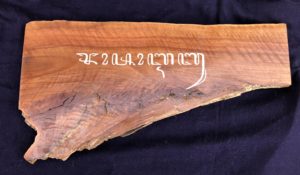
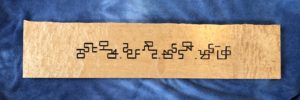

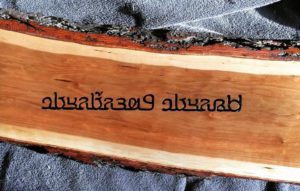

So, do we wish each other “Happy International Mother Language Day”? Or is it a day of concern, of mourning? Of action?
This post is sponsored by our friends at Typotheque, Rosetta, and Solidarity of Unbridled Labour.